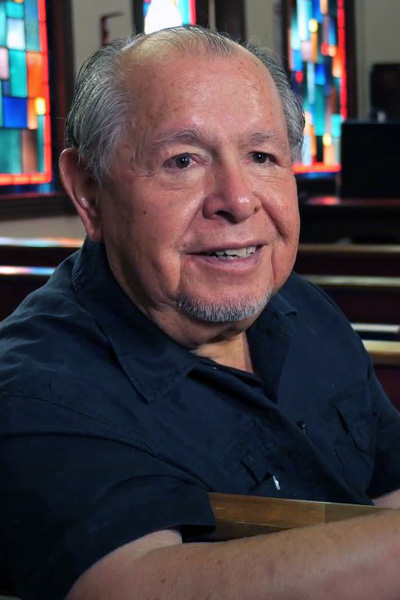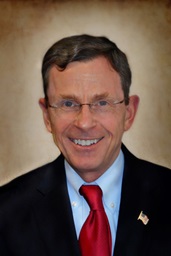
In a recent conversation with our son, a pulmonologist and critical care physician in the Dallas-Fort Worth metropolitan area, he spoke about the disproportionate number of Latino immigrants he is treating for COVID-19.
On one particular day, 95% of his COVID-19 patients were Latino immigrants, primarily from Mexico. Unfortunately, it is not surprising that such a shocking, disproportionate percentage of Latinos suffer from the disease. In fact, across the nation, Latinos are four times more likely than non-Hispanics get COVID-19.
Although there are historically large concentrations of Latinos in various parts of the nation, today they reside all across the United States. And Latinos are challenging emergency rooms and hospitals throughout the country. Many are reluctant patients, especially the men.
Commentaries
The attack of the coronavirus on Latinos is unquestionable. Their disproportionate suffering is a sad reflection of their status, economic resources, access to health care, education and employment settings. This is an injustice and challenges our moral foundations as a church and as a nation.
This is a matter of life and death, and the church must play a role in fighting the injustice that leads to these disparities.
Why is this happening in our communities? Why is this happening to what we can rightly define as essential workers and contributors to our communities and economy?
Some might say that as immigrants, they are probably undocumented and living illegally in this nation. However, the COVID-19 pandemic is a human condition, not a political issue. Their status continues to marginalize them and force them to live in the shadows, while they perform essential labor in agriculture, hotels, restaurants, meat industries and our homes.
They work in unprotected environments because of need. They serve us, yet we do not protect them. Thus, it is not surprising that they are disproportionally exposed to the coronavirus.
In addition to living in the shadows on limited income, many immigrants find it necessary to share housing. A common living situation for them is multi-generational households, where children, adults and the elderly share crowded housing conditions. Adults go out to work in the morning and come back not knowing if they are infected. These crowded housing conditions are what many immigrants can afford due to their employment opportunities.
The industries in which many immigrants work are not known for extensive environmental protection and testing. Crowded working conditions are ripe for spreading the virus.
It must also be noted that Latino immigrants continue to engage in cultural practices such as activities with extended families and family social gatherings such as weddings, birthdays and baptisms. It is difficult for many to fully understand the seriousness of this situation.
My son reports that at least two married Latino couples died at his hospital. In another case, the virus has spread to other members of the family. In other words, employers, media, communications, churches and other sources of information may not be educating immigrants effectively on the threat of the coronavirus. Language and communication are critical for communicating life and death matters.
The church is in an opportune position to address many of these issues. Some of the employers of this vulnerable population sit in our pews and may even be leaders in the church. In addition, community leaders in the political and governmental structures of our communities are members of our churches.
It is imperative that the church inform and educate its membership with regard to the vulnerability of the immigrants within our communities. The church needs to educate and inform its members and leaders in the broader community on the health consequences for immigrants who work in essential industries but are not provided protection, health care or proper housing.
Where congregations support or are related to immigrant ministries, special initiatives are needed to combat the virus through education, provision of health care, adequate housing and support of Latino immigrants. Partner churches, annual conferences, church agencies and other church- related entities must be more proactive in addressing the vulnerability of immigrants.
Does The United Methodist Church have an integrated plan to address this issue? What United Methodist agency or body is responding to this human issue?
The vulnerability and disproportionate suffering of immigrants in the context of the COVID-19 pandemic is real and painful. Death and painful suffering have become a family and Latino community reality.
Immigrants are paying the price for our neglect and social injustice of not protecting workers, not providing incomes to provide for adequate housing and especially in not providing information critical for the survival of this hidden community.
Maldonado is a retired elder from the former Rio Grande Conference and Perkins School of Theology. He and his spouse, Charlotte, live in Albuquerque, New Mexico.
News media contact: Vicki Brown at (615) 742-5470 or [email protected]. To read more United Methodist news, subscribe to the free Daily or Weekly Digests.
Like what you're reading? Support the ministry of UM News! Your support ensures the latest denominational news, dynamic stories and informative articles will continue to connect our global community. Make a tax-deductible donation at ResourceUMC.org/GiveUMCom.



